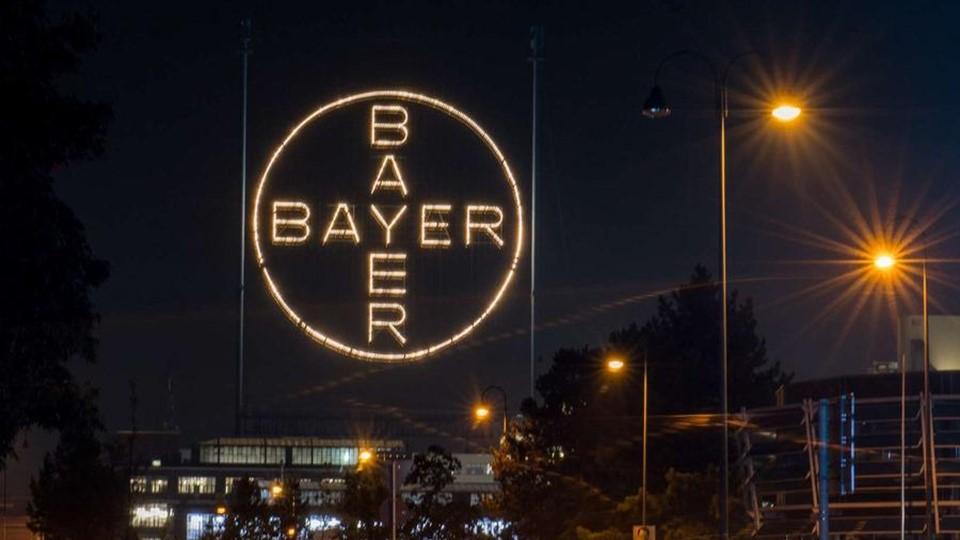Bayer pulls plug on respiratory drug PEG-ADM

Bayer revealed in its second-quarter results update this morning that it has stopped the development of adrenomedullin pegol (PEG-ADM), which had reached phase 2 for the treatment of acute respiratory distress syndrome (ARDS).
The inhaled therapy was being tested in the SEAL trial in ARDS, a type of lung failure that causes fluid to build up in the lungs, making breathing difficult or impossible, but the German pharma and chemicals group said this morning it had decided to jettison the programme for "scientific reasons".
At the moment, ARDS is generally managed using corticosteroids, designed to dampen down inflammation in the lungs, but Bayer was developing PEG-ADM as a possible means of reducing fluid build-up in the lungs and improving the amount of oxygen passing into the blood.
The clinicaltrials.gov listing for the trial notes that it was terminated based on preliminary results in part A of the study, which looked at the safety and efficacy of two active doses, but indicates that the decision wasn't due to any safety issue.
In its update, Bayer also confirmed the demise of runcaciguat, an oral soluble guanylate cyclase activator, in chronic kidney disease. The decision came despite promising data reported at the European Renal Association Congress earlier this year that showed runcaciguat achieved a 40% reduction in albuminuria – a measure of kidney damage – compared to placebo in people with type 2 diabetes, who are at elevated risk of CKD.
Bayer said it is turning its attention to follow-up oral sGC activator BAY3283142, which is completing phase 1 testing and, according to the company, has shown an "improved […] pharmacokinetic/pharmacodynamic profile."
The German pharma already sells one drug in the oral sGC activator class – MSD-partnered Verquvo (vericiguat) – which was approved by the FDA in 2021 to reduce the risk of cardiovascular death and heart failure hospitalisation in adults with symptomatic chronic heart failure with reduced ejection fraction (HFrEF).
Another programme recently discontinued by the German pharma group is a small-molecule BDKRB1 receptor antagonist for diabetic neuropathic pain, originally licensed from Evotec, that had advanced into phase 2.
Bayer also reported prescription drug sales of €4.6 billion (around $5 billion) in the second quarter, flat against the prior year, as overall group revenues fell 8% to €11 billion.
Recent launches Nubeqa (darolutamide) for prostate cancer and chronic kidney disease therapy Kerendia (finerenone) were the highlights of the pharma results, respectively growing 91% to €201 million and 23% to €67 million.












